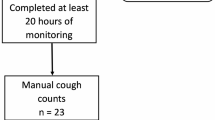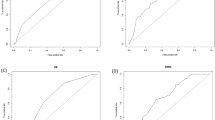Abstract
AS your correspondent (NATURE, October 21) points out, chincough has certainly nothing to do with “hiccough”; but has it anything to do with the French chien = a dog, as he supposes? Chincough is the softer English equivalent of the Scotch kink-host (Dutch, kink-hoest). Besides, the noun there is also the verb, to kink (O. Dutch, kinken = to cough), and even an Englishwoman, at least in the north, who calls the disease whooping-cough, will tell one when her child began to “kink” with its cough. My dictionary compares the word with the Anglo-Saxon “cincung” = a fit of laughter, and kink is sometimes also used in that sense, or in connection with any choking inspiratory spasm. Finally, there is nothing in the sound of whooping-cough to suggest a dog, though the cough of croup might do so.
This is a preview of subscription content, access via your institution
Access options
Subscribe to this journal
Receive 51 print issues and online access
$199.00 per year
only $3.90 per issue
Buy this article
- Purchase on SpringerLink
- Instant access to the full article PDF.
USD 39.95
Prices may be subject to local taxes which are calculated during checkout
Similar content being viewed by others
Rights and permissions
About this article
Cite this article
D., M. The Etymology of “Chincough”. Nature 96, 229 (1915). https://doi.org/10.1038/096229d0
Issue date:
DOI: https://doi.org/10.1038/096229d0



